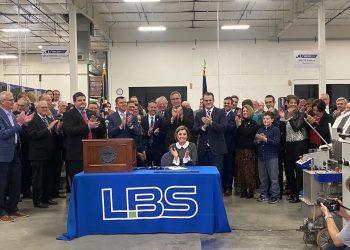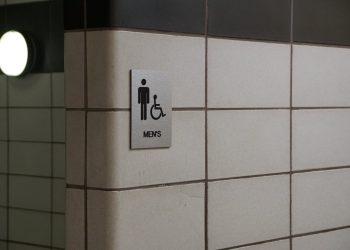(The Center Square) – Iowa legislators are currently considering three bills related to tort liability and negligence: HF 772/SF 537, HF 592/SF 557 and HF 745.
State Senator Zach Whiting, R-Spirit Lake, is the floor manager for SF 537 and SF 557, which limit recovery for noneconomic damages for personal injury or death in civil action cases to $1 million – SF537 for commercial motor vehicle owners and operators in case of an employee’s negligence, punitive or exemplary damages; and SF557 in medical malpractice.
Whiting told The Center Square the current law on damages for medical malpractice includes a “pretty broad” soft cap. Recent cases have caused concerns about medical malpractice insurance rates increasing, making it difficult to recruit physicians, especially specialists, to work in Iowa, he said. Medical practices are closing, and doctors are not providing high risk services, and instead are ordering additional tests to practice “defensive medicine.”
“We want to make sure that our doctors are well trained and that they are providing the best care to people, but we don’t want them to be afraid to practice medicine if they’re just constantly worried about litigation,” Whiting said.
Limits on damages help stabilize the market for health care providers and ensure Iowans in rural areas have access to health care, American Tort Reform Association President Tiger Joyce told The Center Square in an email.
“When health care providers face the risk of limitless liability, their cost of doing business increases, especially for [neurosurgeons and obstetricians],” Joyce added.
The Iowa House Human Resources Committee approved HF 592 (previously HF 517) on February 18. The Iowa House Judiciary Committee passed HF 772 (previously HSB 259) and HF 745 (previously HF 273) on March 4. SF537 (previously SSB 1238) and SF 557 (previously SSB 1225) passed out of the Iowa Senate Judiciary Committee on March 3.
Whiting said trucking companies are making settlements instead of going to court to avoid paying higher claims, especially in big accidents involving many vehicles.
“And trial lawyers are going to take 30 percent or 40 percent of [the settlement],” Whiting said. “This system seems more propped up to benefit the trial lawyers than it does the injured individuals in both malpractice and trucking cases.”
He said that these verdicts also cause goods and services, business, and insurance costs to rise, impacting consumers.
“Just across state lines in places like Missouri and Illinois, taxpayers pay a ‘tort tax’ of up to $760 per person due to excessive tort costs. By introducing these bills, legislators in Iowa are working to ensure the Hawkeye State doesn’t become like its ‘Judicial Hellhole’ neighbors,” Joyce added.
State Rep. Brian Lohse, R-Bondurant, said he opposes both bills out of concern for the role of the jury.
“Two different people can break an arm and their level of pain and suffering can be different,” he said.
He said it’s not the role of the legislature to decide a limit on monetary damages a jury can award and that the court system already has procedures in place that allow the judge or appellate courts to determine that the jury has “run afoul of what the evidence said.” Judges can increase or decrease, if a party asks, the award of the jury, and he plans to file a bill that requires judges to determine whether the jury award is adequate instead of forcing one of the parties to petition for it. He also sponsored HF 702, a bill that prohibits attorneys from advertising earnings gained for clients.
Lohse, the floor manager of the third bill, HF 745, told The Center Square the bill is meant to protect the owner of a business property who wants to provide a sledding hill since their property is the site of the only hill in town – and any other business that wishes to provide a similar recreational opportunity.
“They’re trying to do a nice thing and yet making sure that being nice doesn’t come back to, um, bite them in the behind, for lack of a better way to put it,” he said.
Lohse said he seeks to amend the bill to ensure that if a business owner decides to rent out the hill to a sledding business that liability would attach to the sledding business.
“We want the immunity to only extend to the commercial business owner who is doing something out of the goodness out of their heart and not out of commercial gain,” he added.















